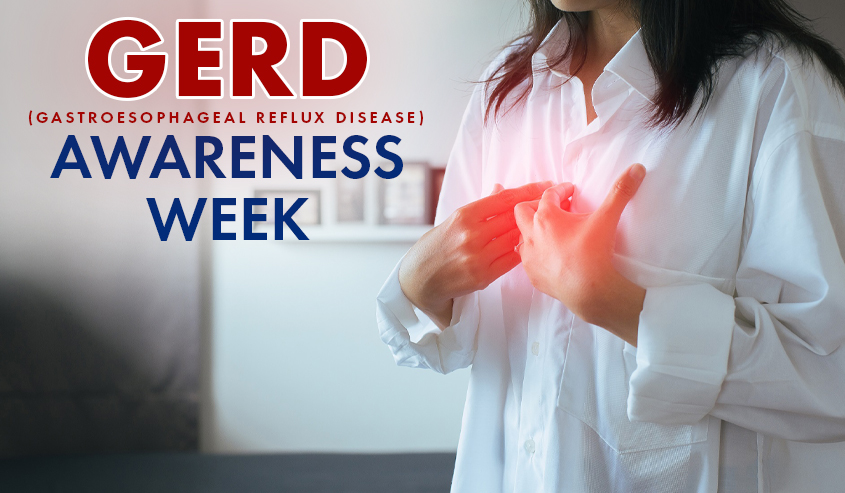
Gastroesophageal Reflux Disease or GERD, as it is more commonly referred to, is a chronic digestive disease that occurs when bile or stomach acids flow up into the esophagus (food pipe) and irritate its lining. Individuals who suffer with heartburn and acid reflux more than a couple of times per week may be diagnosed with GERD. The consequences of acid reflux can range from mild to severe.
Most individuals are able to manage the discomfort caused by GERD with lifestyle changes and OTC medications. In the more severe cases stronger medications or surgery may be the only alternative. Additionally, anyone can develop the disease regardless of age and/or ethnicity. Estimates and recent studies show that 20% of all Americans have Gastroesophageal Reflux Disease.
Signs and Symptoms
GERD affects the ring of muscle that connects the esophagus to the stomach and is known as the esophageal sphincter. Acid indigestion and heartburn are key symptoms to watch out for. GERD flare-ups result when this muscle relaxes improperly or weakens, thereby allowing stomach acids and some of its contents to back up into the esophagus. The signs and symptoms to be aware of include:
- Burning sensation (heartburn) that occurs in the chest following a meal; can be worse at night
- Chest pain
- Difficulty swallowing
- Regurgitating food and/or sour liquids
- Sensation of a lump in the throat
Individuals who suffer with late evening or nighttime acid reflux might also experience the following symptoms:
- Chronic cough
- Interrupted sleep
- Laryngitis
- New or worse asthma
If you suffer with frequent or severe GERD symptoms and/or take OTC heartburn medications more than twice a week, it’s in your best interest to make an appointment with your physician.
Possible Causes
Recent GERD research studies suggest that there are several possible causes of this disease including:
- Abnormal esophageal clearance wherein the process of stomach acid removal from the esophagus
- Acid irritation that is highly caustic to the esophageal lining and may result in scarring after repeated exposures
- An incompetent LES or lower esophageal sphincter wherein the muscle ring relaxes too far or is weak
- Delayed gastric emptying or the condition that exists when the stomach’s contractions are too weak or its outflow is blocked so digested foods are unable to leave the stomach
Individuals who experience heartburn that is associated with GERD can get relief with antacid tablets or Pepto Bismol.
The Role of Diagnostic Imaging Tests
GERD is typically diagnosed by utilizing a combination of esophageal pH monitoring, responses to acid suppression, symptoms, and diagnostic imaging (upper endoscopy). The upper endoscopy is considered the standard diagnostic procedure for determining the amount of tissue damage and examining its findings. Doctors may also prescribe a barium esophagography in conjunction with the upper endoscopy.
